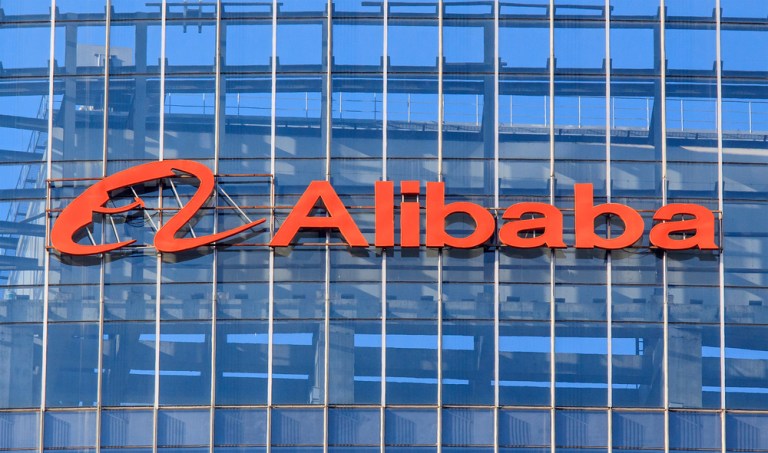Mattel Teams Up With Alibaba To Develop Toys

The more connected consumers become through their devices, the more connected the world is on a global scale. In response to this global interaction, many retailers have started selling their products online both on their own sites and on third-party distributors like Amazon. Now toy maker Mattel has joined other U.S. companies like Fitbit to sell on Alibaba’s Chinese eCommerce site Tmall.
Reuters quoted Mattel’s CEO, Margo Georgiadis, who said, “The multibillion-dollar toy category in China is highly fragmented, with tremendous potential for growth. Working with Alibaba, we see a terrific opportunity to develop and lead the category.”
In addition to selling its Barbies on Tmall, Mattel will also begin developing new products with Alibaba’s AI lab. Consumers can expect to see these hit the shelves later this year.
The move to expand its product offerings is likely due to the fact that Mattel’s holiday quarter sales were less than stellar. Many analysts have shared that sales of its toys fell short of their expectations. To help boost those sales, Mattel is aiming at a more diverse market, including China.
How does Mattel and other U.S. companies joining forces with Alibaba impact the retail industry? The larger eCommerce sites become, the less foot traffic will go through traditional brick-and-mortar stores. This could lead to physical retail spaces shutting down in brands’ race to become king in online sales. This week it was reported that Warren Buffet’s company Berkshire Hathaway sold $900 million of its shares of Walmart stock.